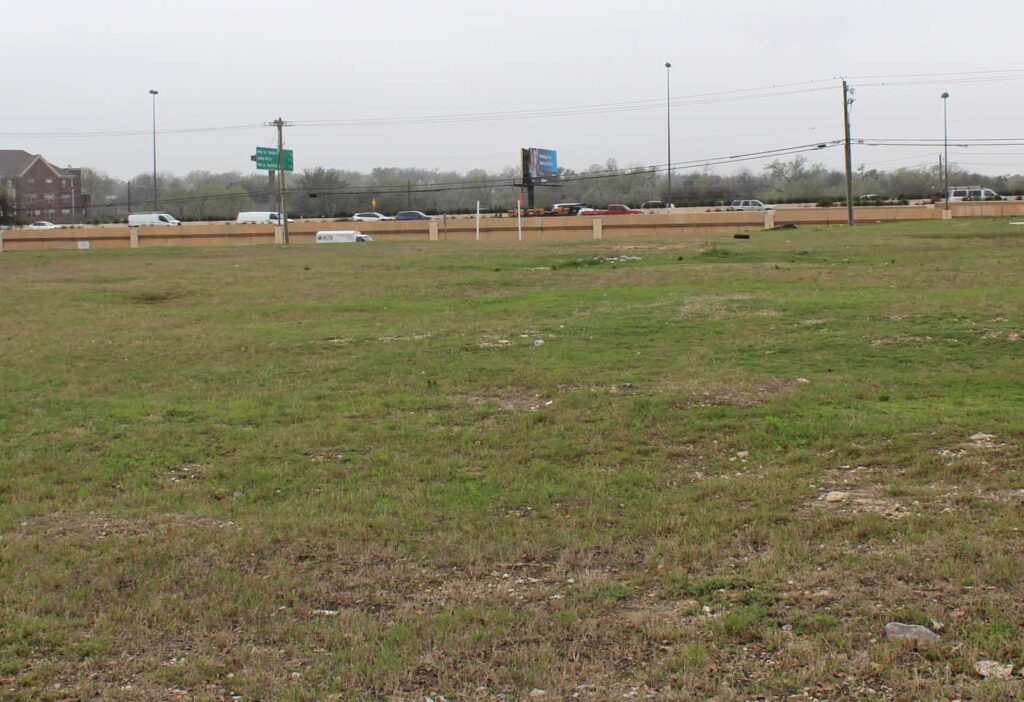Developer Zachary Krochtengel of Sycamore Strategies returned to the Dallas Public Facilities Corporation board Tuesday in his quest for approval to build a 189-unit Class A apartment complex at 11520 North Central Expressway. The Cypress Creek at Forest Lane project would be a mix of market rent and affordable units.
The meeting lasted about three hours, with almost 20 stakeholders giving public testimony for and against the project. In the end, by a vote of 8 to 3, the DPFC board passed a non-binding resolution to send the matter on to the city council to determine their support for the development. Council approval is required for all DPFC projects, and final consideration by the DPFC will occur after the council weighs in.
Similar applications around Dallas have been approved by the DPFC board, with developers receiving financial incentives in the form of property tax abatements to build Class A apartments and reserve at least half the units as affordable. The DPFC receives fees and payments from the developer in exchange for the abatement.
Cypress Creek, though, has some unique complications.
The tract’s postage-stamp size and location near traffic and crime have provoked rabid opposition from neighbors. Private deed restrictions established in 1976 have left even veteran attorneys scratching their heads. Originally written to apply to the entire 30-acre parcel at Forest and Central, the deed restrictions permit only office buildings, hotels, motels and restaurants. Over time, though, a Home Depot, a tire shop, a used car dealership and a car wash, among other businesses, were permitted to take up shop.
Dallas officials are currently so desperate for affordable housing units and so enamored of the project, they offered to put the city in the chain of title. The developer would sell to Dallas, which would sell to the DPFC, which would lease back to the developer. Dallas’ involvement would render the deed restrictions unenforceable, city officials assert.
But here’s where the issue gets sticky.
Mark Holmes, Lake Highlands’ rep on the DPFC board, questioned Jim Plummer of Bracewell LLP, the corporation’s legal counsel, regarding the DPFC’s liability in potential inverse condemnation lawsuits. Businesses still party to the deed restrictions have all but promised litigation if the project is built, and the city is not currently indemnifying the DPFC.
The city council is expected to take up the matter next month. The 2021 council voted 13-2 in support of the project, but that was prior to the discovery of the deed restrictions. Whatever they decide, Holmes says he hopes neighbors will keep sharing their opinions with councilmembers and DPFC board members while the project is under consideration.
“I want District 10 residents to remain engaged with this project,” Holmes said Tuesday. “They should continue participating in the process. The facts are that our city councilmember doesn’t support the current project, the state rep doesn’t support the current project, yet still the resolution passed. We talk about DPFC investment of tax abatements being ‘but for financing,’ meaning the project won’t happen ‘but for’ our support. In this case, ‘but for’ these deed restrictions, this project wouldn’t be in front of the DPFC board.”






